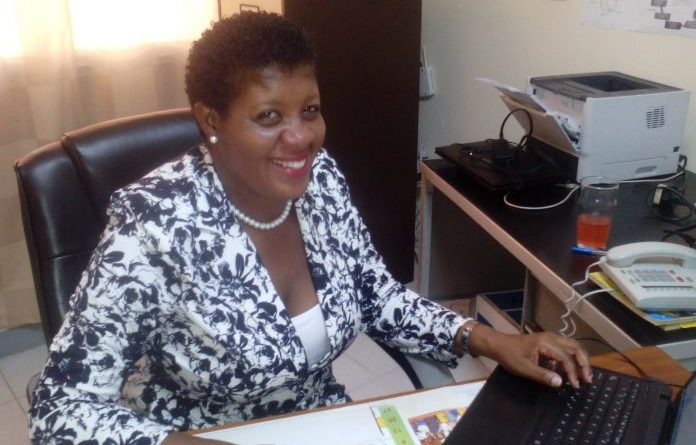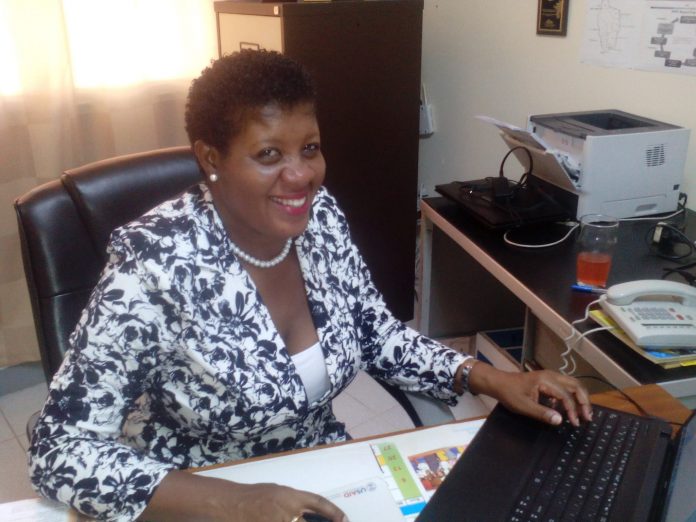Caribbean islands are among the most vulnerable to climate change impacts and are threatened by extreme weather patterns with hurricanes, earthquakes, flooding, volcanoes, droughts and other disasters often causing substantial destruction to communities and entire nations, with debilitating effects on families, communities and entire nations. Migration due to humanitarian crisis, especially from Venezuela in recent times, also requires humanitarian responses from Family Planning Associations, which are well positioned to play a crucial role, especially in the provision of health sexual and reproductive health services, including medical and psychosocial support.
The Caribbean Family Planning Affiliation (CFPA) in collaboration with the International Planned Parenthood Federation (IPPF), RedR UK and the United Nations Population Fund (UNFPA) met in Georgetown, Guyana from December 11 to 15 for a Disaster Risk Reduction Training for Family Planning Associations from Antigua and Barbuda, Curacao, Dominica, Grenada, Guyana, Haiti, St. Lucia, St. Vincent and Trinidad and Tobago. The initiative was aimed at strengthening the humanitarian responses of IPPF’s Member Associations in the Caribbean with a focus on Sexual and Reproductive Health (SRH) needs with critical gender lens, in times of disasters. This includes basic necessities, provision of family planning, HIV, STI and related services, prevention of unwanted pregnancy, addressing sexual violence, mental and psychological trauma and depression, and ensuring the needs of the most vulnerable persons are met.
Participants shared their experiences in times of disaster and gained a better understanding of -humanitarian frameworks, developing disaster preparedness plans and strategies and identifying key stakeholders and Caribbean connections and strategies. They were also trained in the Minimum Initial Service Package (MISP), which is a series of crucial life-saving actions required to respond to reproductive health needs at the onset of a humanitarian crisis. These actions should be sustained and expanded with comprehensive reproductive health services throughout protracted crises and recovery.
The CEO of the Caribbean Family Planning Affiliation, Rev. Patricia Sheerattan-Bisnauth reiterated the importance of Sexual and Reproductive Health in Disaster Risk Reduction. She said that women, children and vulnerable populations face increased health and protection risks in times of disasters, resulting in the critical need for sexual and reproductive health services with gender and human rights perspectives and approaches to better protect them and to meet their specific needs in these times.
Dr. Gianni De Castro, the Executive Director of PROFAMIL Haiti said, “Thanks to this initiative, we are more equipped and prepared to contribute to a better response in Sexual and Reproductive health in a humanitarian crisis situation.”
Ms. Marilyn Richards, Executive Director of the Dominica Planned Parenthood Association said: “The Disaster Risk Reduction service providers training was timely and relevant particularly because Dominica was devastated by a category 5 hurricane Maria in September 2017. It emphasized the importance of sexual and reproductive health and stakeholders’ involvement in providing health care after a disaster.”






